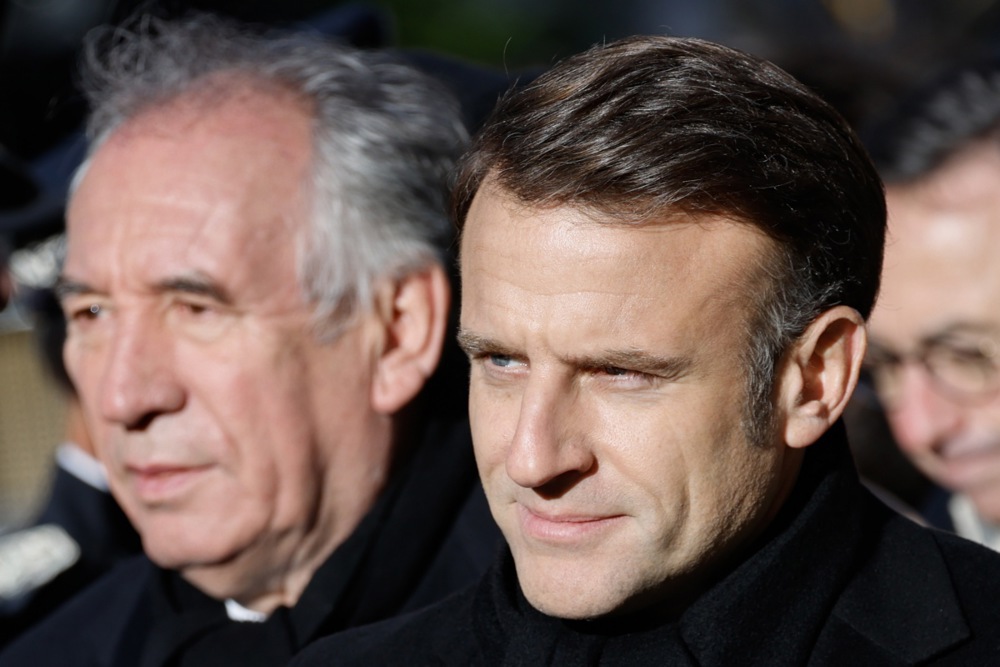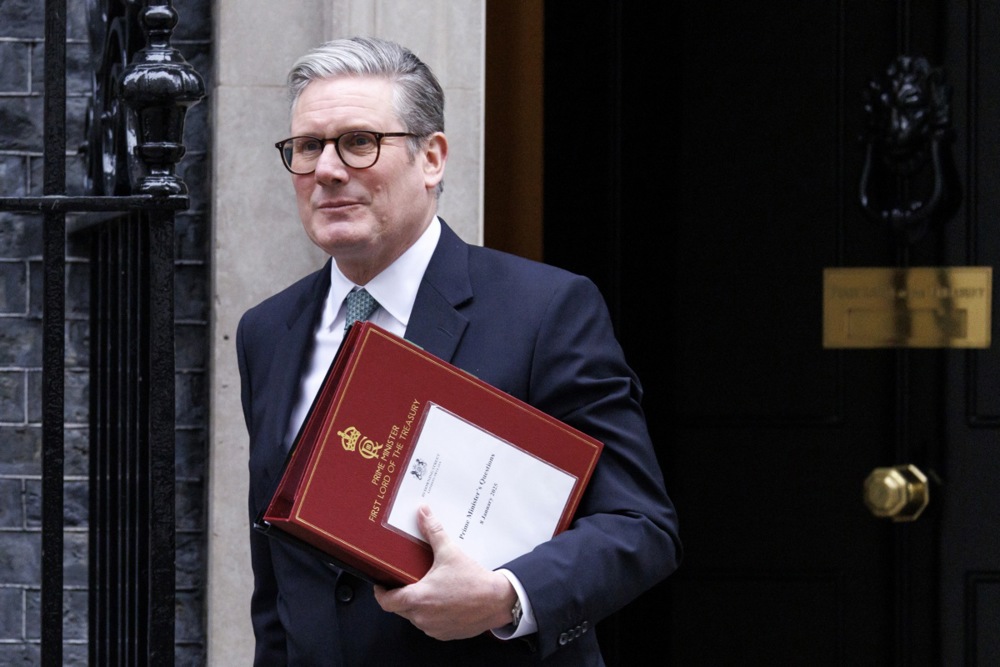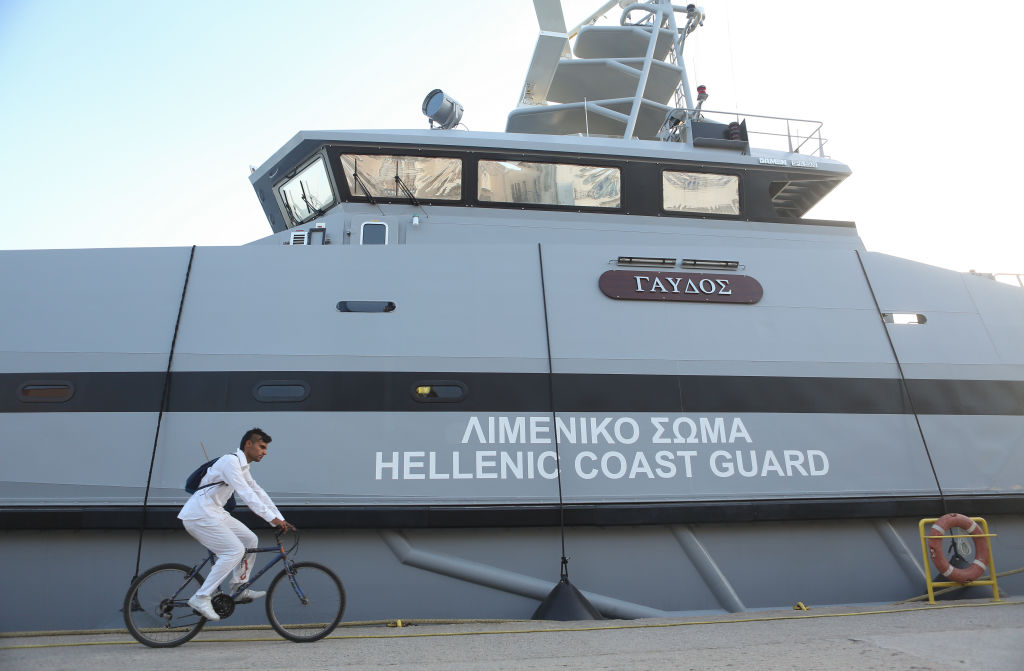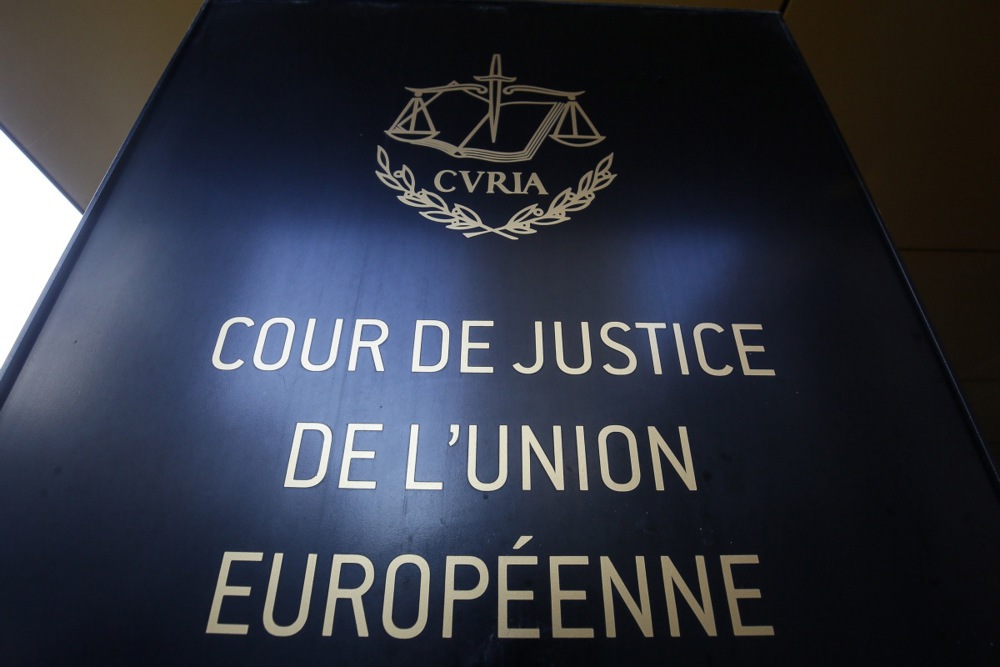This story was edited following a reaction from one of the mentioned schools
Two schools in Anderlecht, a local municipality in Brussels, decided not participate in a Holocaust commemoration over worries connected the issue to the war in Gaza, only to later change their minds.
The two schools in question, the Carrefour primary school and the Marius Renard municipal institute, were invited to place special Cobblestones of Remembrance, “Stolpersteine”, at the former homes of victims of Nazism during the Second World War.
Initially, the schools’ principals refused to participate after the Association for the Memory of the Shoah proposed the project some weeks ago.
The municipality had recommended their schools because they are located close to Brogniez and Georges Moreau streets, where the cobblestones were to be laid on January 10.
Bella Swiatlowski, treasurer of the Association for the Memory of the Shoah, told newspaper La Dernière Heure on January 9: “The schools did not want us to come and talk about the Holocaust with the students given the current conditions in the Middle East.
“The principals do not want to impose this on the students.”
Swiatlowski claimed there was ongoing radicalisation in schools.
“There have already been some violent cases. In France, two teachers have even been killed. The principals and teachers are scared of the consequences,” she said.
Jean-Pierre Martin and Laurence D’Hondt, who wrote a controversial book on the rising Islamism that is facing teachers in Belgium, have presented their findings to the European Parliament. https://t.co/dcUZkLYJg4
— Brussels Signal (@brusselssignal) December 11, 2024
According to the local alderman for Education, Luiza Duraki, of the Socialist Party (PS), the invitation to the schools triggered concerns among parents. In their communications with the municipality, school administrators stated they were worried about potential disruptions.
“The choice made by the principals was made out of fear following the current context surrounding the Israeli-Palestinian conflict, even though we know that this theme has nothing to do with the laying of Pavés de Mémoire,” Dukari said on January 9.
“We are saddened by the non-participation of the two schools because we know the importance of this event, but we can understand the concerns of the parents,” she added.
Francophone education minister Valérie Glatigny of the Reformist Movement (MR), herself a Brussels native, later reacted to the matter in news outlet Bruzz. She addressed the schools’ management, saying: “It is essential to remind children of the Shoah and this is part of schools’ missions.”
According to a spokesperson for the minister, both schools refused the commemoration due to parental pressure. “At least that is the information we have received.
“We are on the side of the principals and teachers being pressurised to engage in self-censorship,” the spokesperson said.
Anderlecht Mayor Fabrice Cumps (PS) later issued a written statement addressing the incident. He claimed the schools faced no external pressure regarding the commemorative project.
The mayor noted Anderlecht’s deep connection to Holocaust history and its long tradition of remembrance, including the placing of numerous memorial stones.
He announced that a group of students from municipal schools would attend the ceremony voluntarily, although others would not and that a delegation representing both schools would participate in laying four memorial stones.
On January 13, a spokesperson of one of the schools confirmed to Brussels Signal that there was no special external pressure on them and that the principle didn’t even inform the parents about the event and whether the schools would participate.
He said that the war in Gaza was a very sensitive issue in Brussels, emphasizing that people shouldn’t lump in all Jewish people with decisions made by the Israeli government.
However, he noted that, unfortunately, not all people make this nuance and that the Jewish museum in Brussels for example is having much less visitors at the moment.
The spokesperson added that pupils in the Carrefour primary school will read the Diary of Anne Frank this year and that the Marius Renard School was preparing a educational activity to commemorate the liberation of the Auschwitz-Birkenau concentration camp later this month.
He did acknowledge that the school had to take into account the “sociological reality” in Brussels when tackling these issues.
Separately, on January 9, animal rights organisation GAIA strongly condemned the French-speaking national public broadcaster RTBF for restricting the airing of its campaigns against unnecessary infliction of pain on animals.
According to the NGO, RTBF declined to air an advert opposing non-stunned slaughter of animals in March 2024. The broadcaster had cited “community sensitivities” during the Ramadan period as the reason for the decision.
GAIA viewed the month-long ban as both a violation of free speech and an example of special treatment being given to specific communities.
The campaign had already received approval from the Advertising Ethics Jury (JEP) and was running without issue on other media platforms.
“Despite this, the RTBF has refused on subjective and excessive grounds,” said the GAIA.
In December the RTBF blocked another piece by GAIA, where it denounced the force-feeding of geese and ducks.
The NGO said the broadcaster’s moves had seriously limited its mission to raise awareness of what it termed “crucial” animal welfare issues.
Brussels Signal approached both schools for comment but as of writing none had been received.
The opening of the National Holocaust Museum in Amsterdam was targeted by protestors amid sickening chants of anti-Semitic hatred such as “Get lost, cancer Jews”. https://t.co/dNb7t43UzV
— Brussels Signal (@brusselssignal) March 11, 2024





